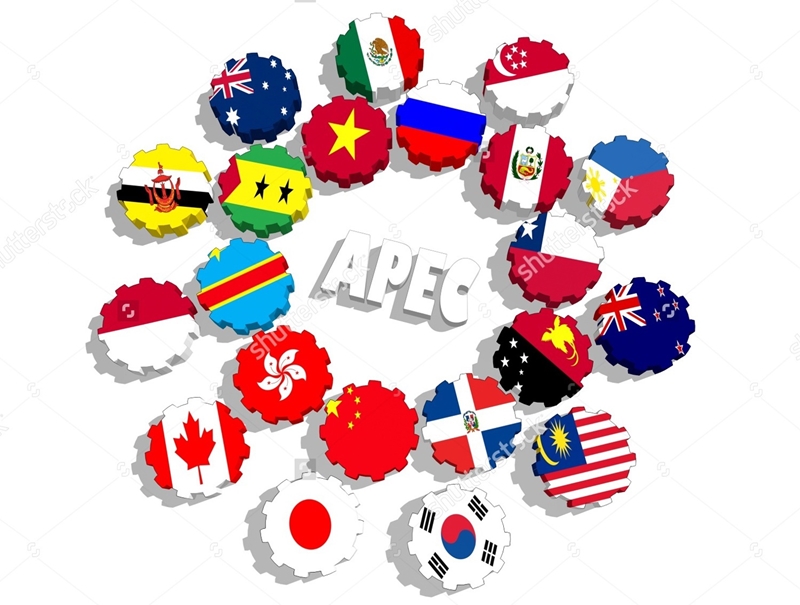 |
| APEC continues to affirm itself as the leading regional economic integration mechanism. |
Since its establishment in 1989, after more than 30 years of formation and development, APEC has continued to affirm itself as the leading regional economic integration mechanism, initiating and leading the way in promoting the trend of economic, trade and investment liberalization in the region and the world, making an important contribution to economic growth and maintaining peace, stability, cooperation and development in Asia - Pacific . APEC cooperation focuses on 3 main pillars: Trade and investment liberalization, Business facilitation and Economic - technical cooperation.
The Forum currently has 21 member economies[1], including the world's leading economies (US, China, Japan...), 9 members of the Group of 20 major economies (G20) and many dynamically developing emerging economies, representing about 38% of the world's population, contributing 61% of GDP and 47% of global trade[2].
APEC operates on the principle of consensus, voluntary and non-binding; there is no Charter or regulations. APEC uses the concept of “economy”; Senior Leaders of members are collectively referred to as Economic Leaders.
Annual activities of APEC include: Economic Leaders' Meeting; Joint Foreign and Economic Ministers' Meeting; specialized Ministerial Meetings on trade, finance, small and medium enterprises and other areas such as structural reform, human resource development, tourism, food security, women and economy, health, energy, transport, information and communication, etc.; 05 Senior Officials' Meetings, along with many conferences, seminars of Committees, Working Groups and other working-level mechanisms in government, academic and business channels.
A special feature of the APEC Forum is the active participation of the Asia-Pacific business community. The APEC Business Advisory Council consists of 63 members representing leading businesses in the region, with each member economy sending three representatives directly selected by the Economic Leaders. Members are invited to attend the Dialogue with Economic Leaders during the Summit Week to present specific recommendations to promote APEC cooperation. Vietnamese leaders, along with leaders of leading economies such as the United States, China, Canada, Singapore, Indonesia, etc., are also invited to speak at the APEC Business Summit sessions and exchange with leading executives of the Asia-Pacific region.
In 1994, Economic Leaders adopted the Bogor Goals of free and open trade and investment for developed member economies by 2010 and developing member economies by 2020.
During the implementation of the Bogor Goals (1994 - 2019), economic growth as well as trade and investment of APEC member economies achieved a large growth rate, specifically: Total trade turnover of goods and services was nearly quadrupled with an average growth rate of 6.9%/year; Average tariff rate under the Most Favored Nation (MFN) principle decreased from 13.9% to 5.2% in 2019; FDI capital in and out of APEC member economies grew by an average of over 10%/year with increasing contributions from developing economies; Real GDP growth in APEC reached an average of 3.9%/year, faster than the rest of the world while growth per capita reached 3.1%.
To date, APEC has achieved many outstanding and substantial achievements in all three pillars of cooperation. In addition to the above achievements in trade and investment liberalization, in terms of business facilitation, trade transaction costs in the region have been significantly reduced through cuts of 5% in 2006, 2010 and 10% in 2015. Regarding economic and technical cooperation, each year, APEC provides funding for about 150 cooperation and capacity building projects with a total value of up to 23 million USD.
To prepare for the Forum to enter a new development phase in the context of the world changing rapidly and profoundly under the impact of the Fourth Industrial Revolution, APEC is currently implementing major cooperation strategies and programs including: Enhanced Agenda for Structural Reform to 2025, Services Competitiveness Roadmap to 2025, Master Connectivity Plan to 2025, Inclusive Economic, Financial and Social Development Agenda to 2030, Human Resource Development Framework in the Digital Age to 2025, La Serena Roadmap on Women and Inclusive Growth to 2030, Action Plan Phase 3 of the APEC Supply Chain Connectivity Framework (2022 - 2026).
In 2020, APEC Leaders adopted the APEC Vision 2040 on building an open, dynamic, resilient and peaceful Asia-Pacific region, for the prosperity of all people and future generations, on the basis of promoting three pillars of cooperation on trade and investment, innovation and digitalization, and strong, balanced, secure, sustainable and inclusive growth. The Vision continues to affirm the principles of voluntariness, consensus and non-binding on the basis of equal cooperation, shared responsibility, mutual respect and common interests. The Vision emphasizes APEC's leading role and commitment to improving APEC's operational efficiency and global governance role.
In 2021, APEC Leaders adopted the Aotearoa Plan, setting out specific goals and actions to implement the APEC Vision to 2040 with 03 main parts: (i) Goals, commitments of each economy and joint commitments for the 03 pillars of cooperation of the Vision; (ii) Proposals to improve the effectiveness of APEC's operations as an institution with specific goals by 2025; (iii) Review and innovate the action plan and implementation results: monitor annual goals; review 5 years of implementing commitments; mid-term review of goals and actions.
In 2022, APEC Leaders adopted the Bangkok Goals on the Bio-Circular-Green Economy (BCG) – a new growth strategy in the post-COVID period. This is a comprehensive framework promoting APEC's sustainable development agenda in four aspects: (i) Contributing to global efforts to respond to environmental challenges; (ii) Promoting sustainable trade and investment; (iii) Conserving, managing and sustainably using natural resources; (iv) Managing waste sustainably and resource-efficiently, towards zero waste.
In 2023, in the United States, Leaders adopted the San Francisco Principles on mainstreaming inclusiveness and sustainability into trade and investment policy, with three priorities on: (i) Connectivity – building a resilient and connected region that promotes inclusive economic prosperity; (ii) Innovation – fostering an innovative environment for a sustainable future; and (iii) Inclusion – fostering an equitable and inclusive future for all people.
Vietnam became an official member of the Asia-Pacific Cooperation Forum (APEC) at the 10th APEC Foreign and Economic Ministers’ Meeting on November 15, 1998, in Kuala Lumpur, Malaysia; marking the development and expansion of the Forum, bringing the number of APEC members to 21 economies. This is an important milestone in the process of implementing Vietnam’s open, diversified, multilateral and international economic integration foreign policy.
The APEC region is of strategic importance to the security and development of our country. APEC is a forum that brings together 15 out of 30 strategic partners, comprehensive partners and the leading economic and trade partners of our country, accounting for more than 77% of trade, nearly 81% of direct investment and more than 85% of tourism. 13 out of 17 Free Trade Agreements (FTAs) that we are implementing/negotiating are with APEC members. Of which, 17 out of 20 APEC members are FTA partners of Vietnam.
During 26 years of participating in APEC, Vietnam has actively and proactively contributed to promoting peace, stability, cooperation, and regional economic connectivity, maintaining APEC's role as the leading economic connectivity mechanism in the Asia-Pacific region. Vietnam is one of the few members that has twice successfully assumed the role of APEC host, in 2006 and 2017; and is one of the most active members in proposing APEC initiatives and projects. Vietnam has made many contributions to APEC's operational management through its role as Executive Director of the APEC Secretariat in 2005-2006, Chair/Vice Chair of many APEC Committees and Key Working Groups. The role of Vietnamese enterprises in APEC cooperation has been increasingly promoted, with many practical proposals and recommendations to APEC Leaders and Ministers.
At APEC 2023, Vietnam proposed to host APEC 2027 and received strong support from member economies. The proposal was unanimously approved and included in the Joint Statement of the Conference.
The year 2024 is of great significance, marking the 35th anniversary of APEC (1989-2024), an opportunity to review, evaluate the results and determine the direction of cooperation in the new period. With the theme "Empowerment. Inclusion. Growth", host Peru promotes 03 main priorities: (i) Trade and investment for inclusive and connected growth; (ii) Innovation and digitalization to promote the transition from the informal economy to the formal and global economy; (iii) Sustainable growth for self-reliant development.
Since the beginning of 2024, Vietnam has made many contributions to the APEC cooperation process, implementing many initiatives and projects on structural reform, finance, science and technology, innovation, human resource development, tourism, agriculture, climate change response, sustainable and inclusive growth. Vietnam is currently the Head of the APEC Agenda Development Group on Structural Reform for the 2026-2030 period, chairing the development of the APEC Economic Policy Report 2025, which has been highly appreciated by many APEC members.
————————–
[1] 12 founding members in 1989 include: Australia, Brunei, Canada, Indonesia, Japan, South Korea, Malaysia, New Zealand, Philippines, Singapore, Thailand, USA; 03 members joined in 1991 including: China, Hong Kong - China, Taipei - China; 02 members joined in 1993 including: Mexico, Papua New Guinea; 01 member joined in 1994: Chile; 03 members joined in 1998 including: Peru, Russia and Vietnam. APEC has suspended accepting new members since 1998. Currently, many countries wish to join APEC such as India, Pakistan, Bangladesh, Sri Lanka, Macau, Mongolia, Laos, Cambodia, Costa Rica, Colombia, Panama, and Ecuador.
[2] APEC at a glance 2021 document.





![[Photo] President Luong Cuong hosts state reception for Governor-General of Australia](https://vphoto.vietnam.vn/thumb/1200x675/vietnam/resource/IMAGE/2025/9/10/a00546a3d7364bbc81ee51aae9ef8383)

![[Photo] Prime Minister Pham Minh Chinh chairs the 20th meeting of the Steering Committee for important national projects and works](https://vphoto.vietnam.vn/thumb/1200x675/vietnam/resource/IMAGE/2025/9/10/e82d71fd36eb4bcd8529c8828d64f17c)
![[Photo] Giant pipeline leading water to West Lake, contributing to reviving To Lich River](https://vphoto.vietnam.vn/thumb/1200x675/vietnam/resource/IMAGE/2025/9/10/887e1aab2cc643a0b2ef2ffac7cb00b4)
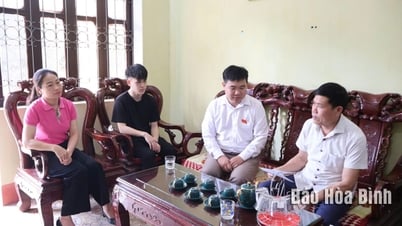

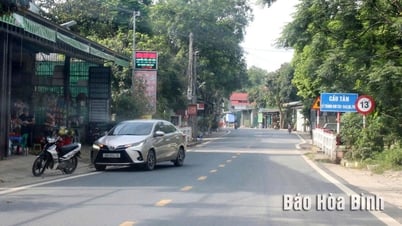

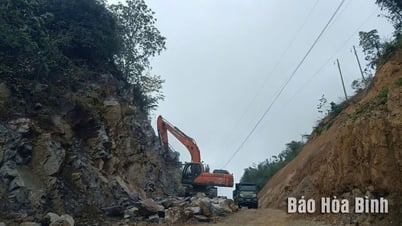
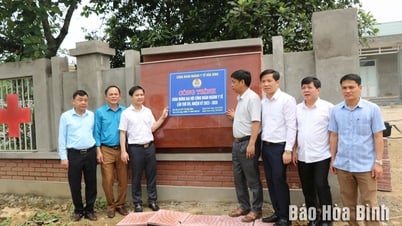
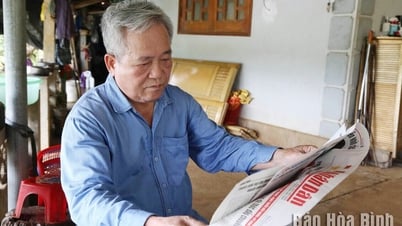




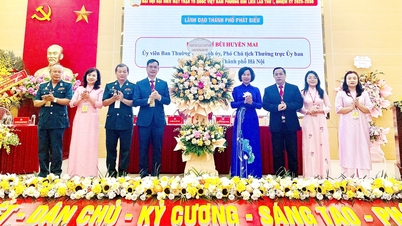
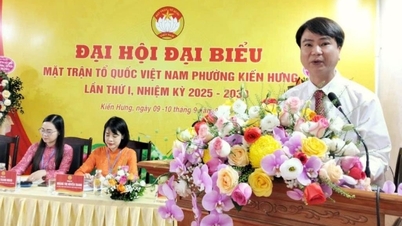




























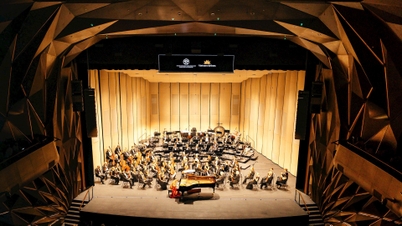



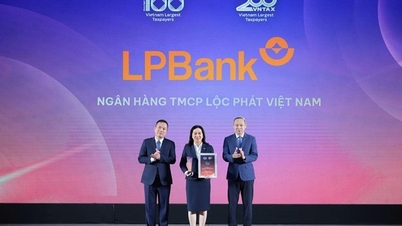
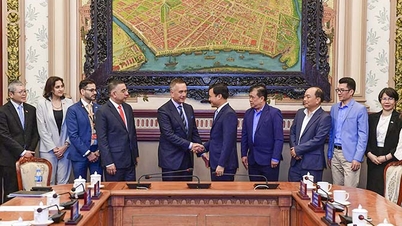













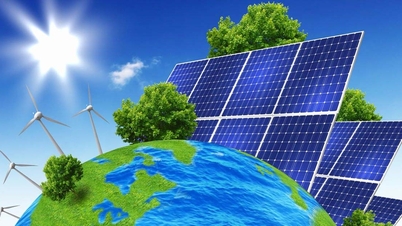











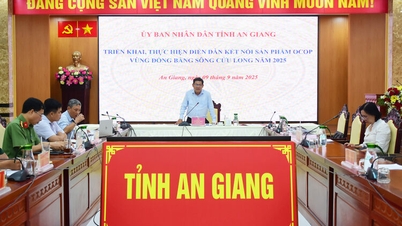







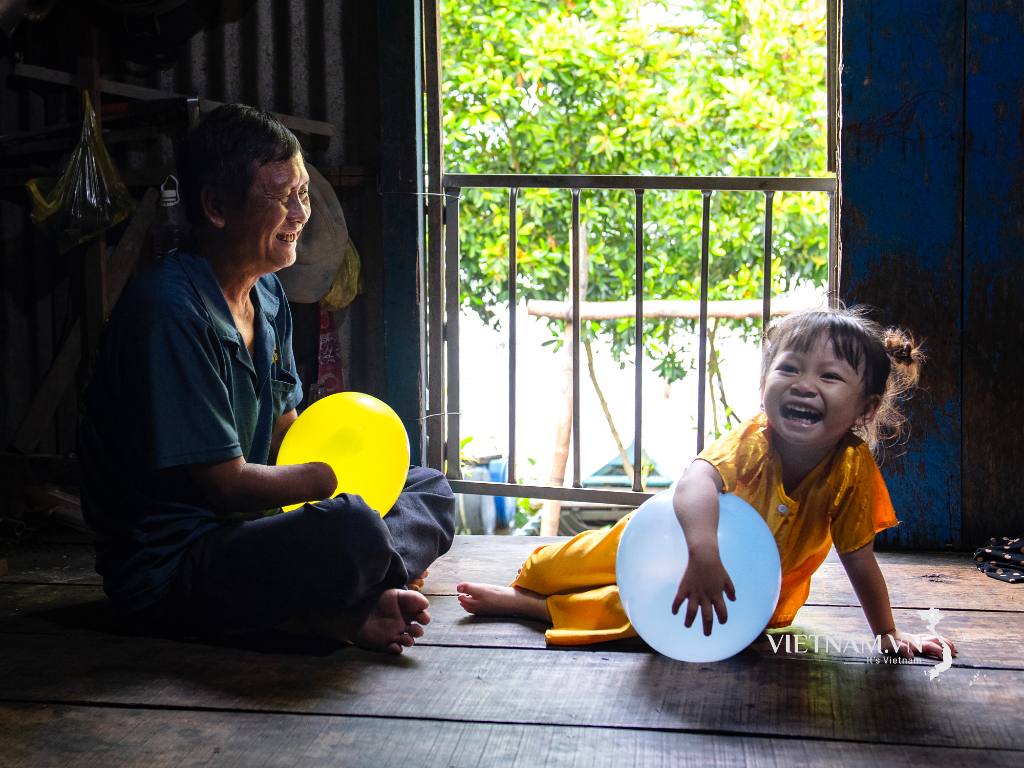
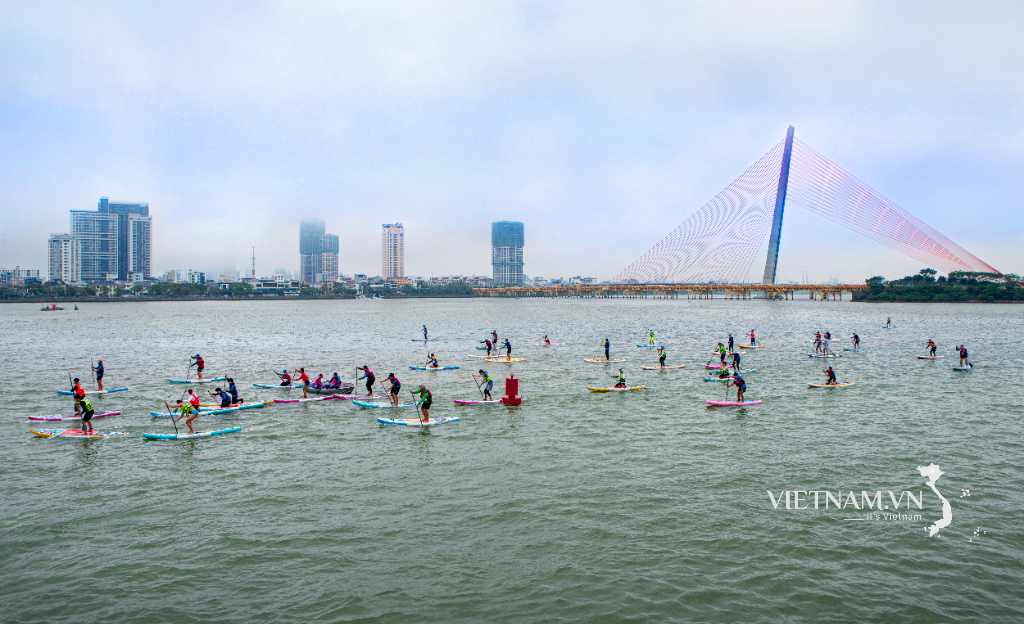


Comment (0)